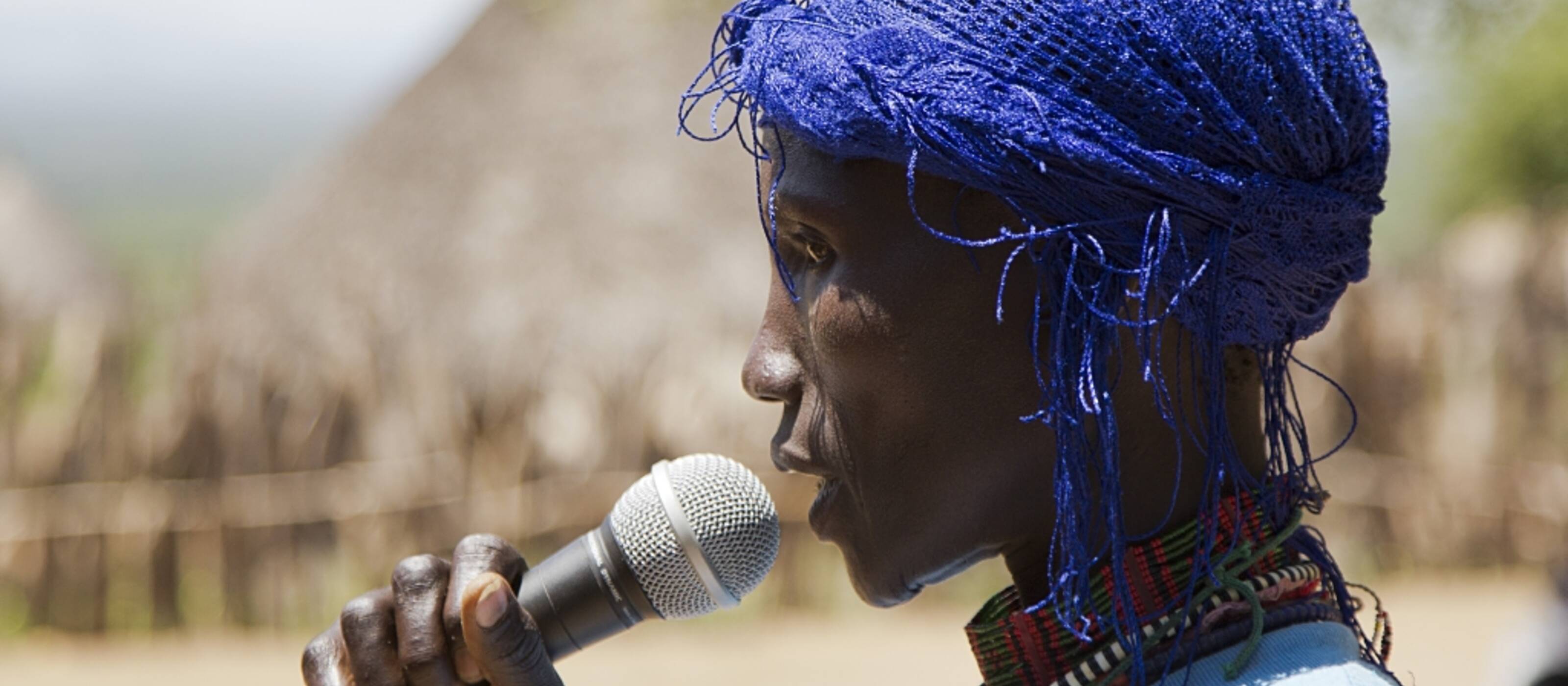

South Sudan
South Sudan has only been an independent republic since 2011 and is thus one of the world’s youngest states. The population of South Sudan is ethnically diverse. Unlike Sudan, which is dominated by Islam, most people in South Sudan belong to a Christian religion. In 2018, the civil war which had lasted five years came to an end, though the security situation remains difficult for the population.
The conflict caused great suffering among the civilian population and forcibly displaced hundreds of thousands of people. Poverty in the country is exacerbated by recurring droughts. More than 50 per cent of the population are affected by an acute food shortage. Caritas Switzerland has been actively committed in the region since 1972. Alongside school projects and peace promotion, Caritas’s work is focused on food security, access to drinking water and new income sources.
Overview in figures
Sources: Human Development Report, UNESCO, UNFPA (as of 2023)
- Total population: 11.1 million
- Poverty index (proportion of people affected by poverty): 91.90%
- Prosperity indicator (total 193 states): rank 192
- Gross National Income per capita: USD 691
- Life expectancy at birth: 55.6 years
- Child mortality: 9.9%
- Literacy rate (age 15 and over): 34.5%
- CO2 emissions per capita: 0.2 tons
Caritas Switzerland on site
Header image: Die Friedensförderung ist weiterhin eine wichtige Komponente der Projekte im Südsudan. © Pia Zanetti